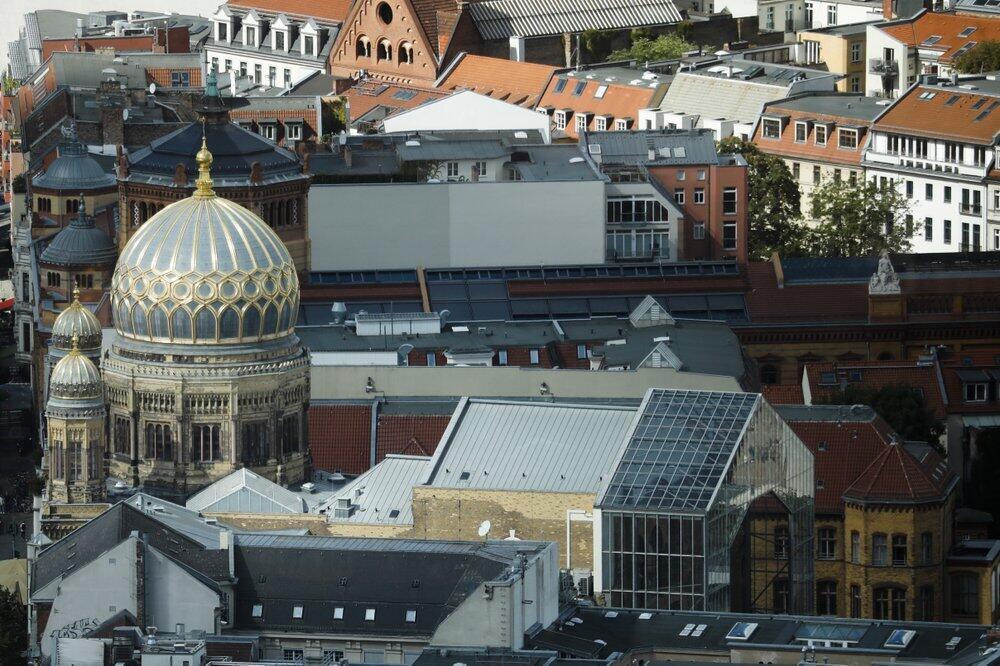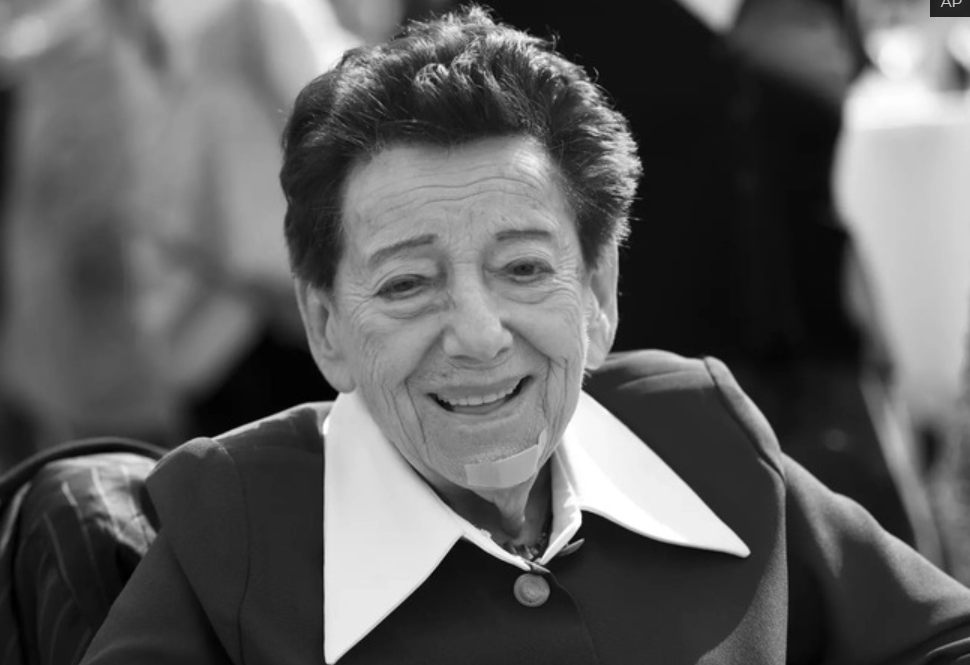Getting your Trinity Audio player ready...
Inge Deutschkron, a Holocaust survivor who spent years hiding and trying to escape deportation to Nazi concentration camps, has died at age 99 on Wednesday in Berlin.
"A long life of fighting for justice and against anti-Semitic and right-wing tendencies in our society has come to an end", the Inge Deutschkron Foundation said in a written statement. "We are losing a combative friend."
Deutschkron became known to a wider audience when in 1978 she published her autobiography "I Wore the Yellow Star" about her survival story as a Jew in Berlin. She also visited countless schools into old age to tell the younger generation about the horrors she experienced under the Nazi regime.
German President Frank-Walter Steinmeier expressed his sadness over Deutschkron's death.
"The death of Inge Deutschkron fills me with deep sadness," Steinmeier said in a statement, adding that she "rendered outstanding services to our country. We will never forget her.
"Despite everything that was done to her by Germans, Inge Deutschkron did not turn her back on Germany. She worked tirelessly to ensure that we learn the right lessons from the crimes committed during National Socialism", Steinmeier said. "As a contemporary witness, she helped keep the memory of those persecuted and murdered and helped form a generation of witnesses of the witnesses".
Deutschkron was born in 1922, in Finsterwalde, a town about 100 kilometers (60 miles) south of Berlin. She moved to the German capital when she was 5.
When she was 10 years old, her mother Ella told her that she was Jewish.
"Don't put up with anything, fight back", the mother instructed her and this slogan became Deutschkron's life-long motto, her foundation said.
When it became increasingly difficult for Jews to find work after the Nazis came to power in 1933, Inge found employment in Otto Weidt's brush workshop for the blind in 1941, using forged papers.
Weidt supported mainly deaf and blind workers, many of whom were Jews, and it was with the help of Weidt that Deutschkron managed to evade deportation. From January 1943, Inge lived illegally in Berlin and its surrounding area, and hid with her mother in order to survive.
They had to move from hiding place to hiding place to escape the Nazis. Among other places, they hid in a former goat shed and a boathouse on the Havel river, according to Germany news agency DPA.
At one of her hiding places, she watched from her window as other Jews were taken out of their homes by Nazi Gestapo and forced to climb onto wagons.
3 View gallery


The New Synagogue, the Centrum Judicum is seen from the TV tower in Berlin, Germany
(Photo: AP)
"That was terrible. The feeling of guilt never leaves you. It makes you think, how could you let the others go and you tried to hide", she recalled.
The Nazis killed more than six million European Jews during the Holocaust. Before the Third Reich, some 120,000 Jews lived in Berlin alone; after 1945, the city's Jewish community had shrunk to about 8,000, many of whom survived in hiding.
After years on the run and in hiding, Deutschkron collapsed at the end of the war when the German capital was taken by the Soviet Red Army.
"I could no longer rejoice", Deutschkron wrote in her autobiography. "We cried for days".
After the war, Deutschkron first moved to London and later to Tel Aviv where she worked for daily newspaper Maariv. She returned to Berlin in 2001 where she lived until her death.



